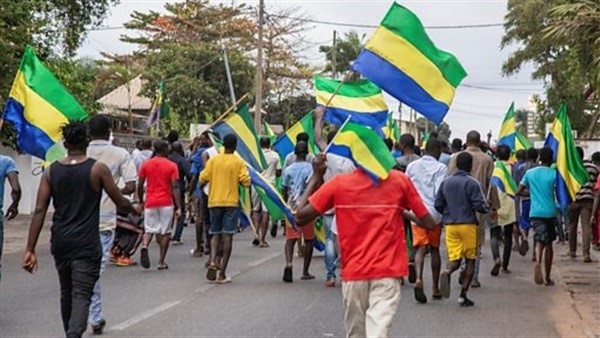Who is likely behind the coup in Gabon?

Question marks still surround
the coup a group of army officers staged in Gabon on the eve of August 30, and
their overthrow of President Ali Bongo who won a third term in office.
The officers carrying
out the coup also closed Gabon's borders and dissolved all state institutions.
International
condemnation
The military coup in
Gabon, which put an end to the rule of the Bongo family, which dominated power
in the country since 1967, provoked widespread international condemnation.
The
US and the African Union condemned this development, along with the European
Union's foreign policy official, Josep Borrell who said the coup increases
instability on the African continent.
Russia and China said
they hoped stability would return to Gabon, while the US expressed concern over
the same developments.
Possible Russian role
International relations
expert, Gamal Abdel Hamid, referred to the mixed reactions that met the coup in
Gabon.
Some people, he said, accused
Russia of supporting the coup in a secret manner.
"These people
reached this conclusion against the background of rivalry between Moscow and
the West," Abdel Hamid told The Reference.
However, he noted that the
practical reality confirms the absence of a real Russian role in the Gabonese
coup.
This, he said, comes in
the light of the very limited Russian influence inside Gabon.
"The coup leaders
have also showed no indication to any desire to strengthen cooperation with
Moscow," Abdel Hamid said.
He added that the UK is
likely to have a role in the military coup in Gabon, in the light of its efforts
to strengthen its influence in this region, especially that the recent coup
reflects one of the features of the Anglo-francophone power struggle on the
African continent.
US footprint
Abdel Hamid did not
rule out the presence of the imprint of the US in the coup.
The US, he said, seeks
to strengthen its influence on the African continent, and undermine French
influence in West and Central Africa.
"The US also views
Russia as pulling the rug from under the feet of European countries, especially
France, in Africa," Abdel Hamid said.





